-
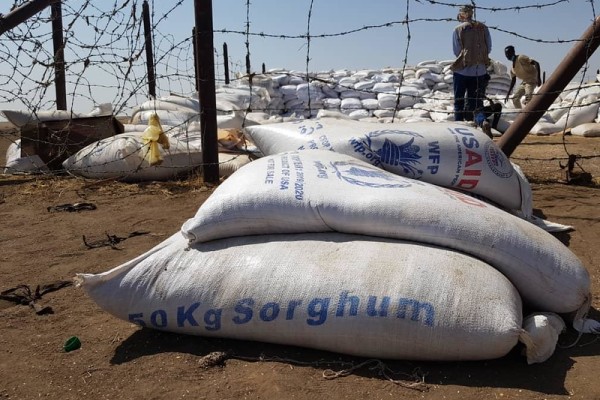
Is international development dead?
Once the lodestar for the global development agenda, the 17 United Nations-backed SDGs were adopted in 2015 to end poverty, protect the environment, and deliver prosperity for all by 2030. But progress on implementing these goals has either stalled or regressed. A recent ten-year review determined that only 35 percent of the SDGs are on track, with 18 percent regressing.
-
_600_400_90_s_c1.jpg)
It is Israel that must be deradicalized, not Palestine
The recent recognitions of a Palestinian state and the October 10 ceasefire have been followed by a flurry of calls to “deradicalize” Palestinian society. The New York Times editorial board went so far as to compare this deradicalization project to the denazification of Germany after the Second World War. These calls have the situation backwards to the point of farce.
-

Blood in the endowment
The University of Manitoba proclaims commitments to human rights and academic integrity, yet invests in arms manufacturers supplying Israel’s genocide in Gaza. Jonathan Jenner exposes the contradiction, framing it as a trilemma between ethics, investments, and intellectual seriousness—and argues that only divestment can resolve the university’s moral failure.
-
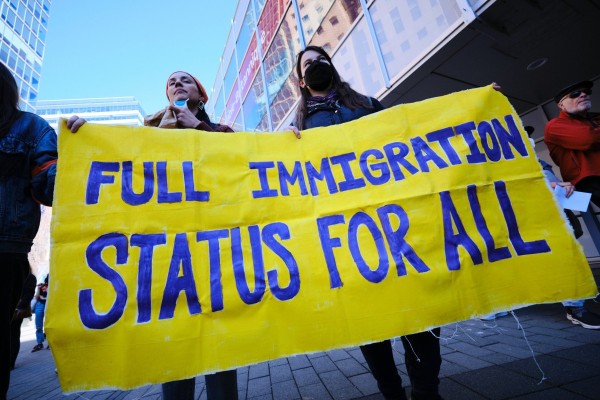
Canada’s immigration system and the erasure of artistic labour
Canada must recognize that artistic labour is labour. It is intellectual, cultural, and spiritual work that enriches society and deserves structural recognition. Immigration policy must account for the contributions of artists, scholars, and community builders whose work does not fit neatly into economic categories but whose impact is undeniable.
-
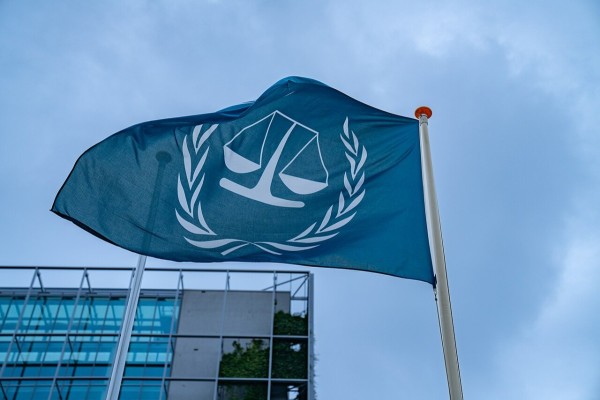
Oh Canada, where art thou?
Canada once stood apart by challenging apartheid and asserting an independent foreign policy, even against US pressure. Now, as Washington sanctions Canadian ICC judge Kimberly Prost for pursuing Israeli war crimes cases, Ottawa stays silent. Once a supporter of international justice, Canada appears to prioritize trade and diplomacy over moral leadership.
-

A graveyard of liberal illusions
The West may now be finally waking up to the full enormity of the horrors Israel has inflicted in Gaza. It needs also to wake up to the evils it has nurtured not just for the last two years, but for over a century. It is time we started listening to Palestinian voices, while there are still Palestinians left alive to speak truth to power.
-

CIJA should not influence public policy on hate crimes
Zionism is the underlying ideology that is heaping unfathomable misery upon Palestinians. For this reason, Zionist organizations should not play a role in shaping public policy in Manitoba. For Zionist ideology to maintain influence in Canada, voices supporting Palestine are often silenced, frequently through accusations of antisemitism.
-
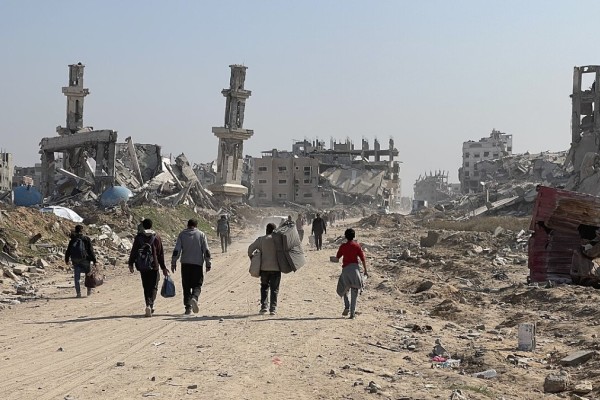
For the Palestinian people, it is one minute to midnight: Canada must radically change its approach
If it does not want to remain complicit in Israel’s crimes, Canada must immediately apply all means of political and economic pressure at its disposal. There are many things it could do, including recognizing the State of Palestine, joining in actions before the international courts, terminating economic and military agreements, and breaking off diplomatic relations.
-
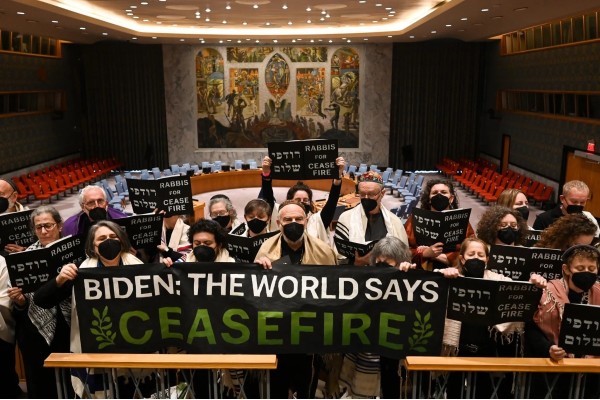
Where are Canada’s pro-Palestine rabbis?
How can the Canadian Jewish left urge faith leaders and institutions to publicly stand against Israel’s genocide? As more and more Jews are realizing that Israel’s unrelenting war on Palestinians in Gaza and the West Bank is not being waged to keep Jews safe, either in Israel or around the world, they are supporting the growing calls for aid and a ceasefire.
-

Chris Hedges: the last days of Gaza
This is the end. The final blood-soaked chapter of the genocide. It will be over soon. Weeks. At most. Two million people are camped out amongst the rubble or in the open air. Dozens are killed and wounded daily from Israeli shells, missiles, drones, bombs and bullets. They lack clean water, medicine and food. They have reached a point of collapse.



